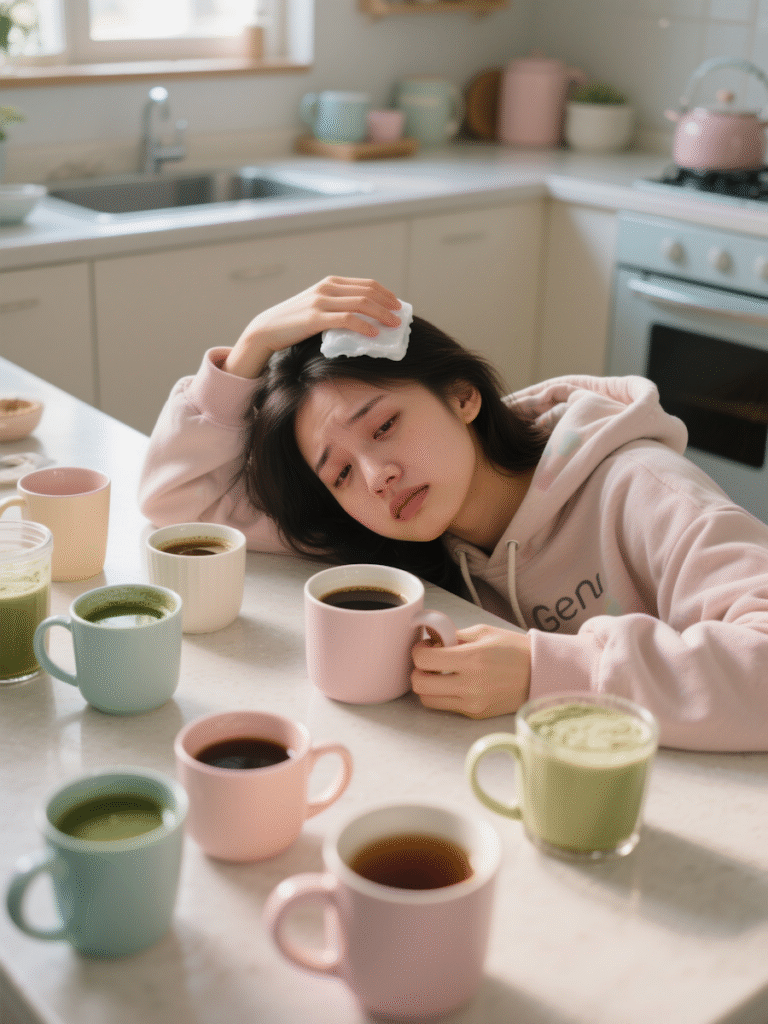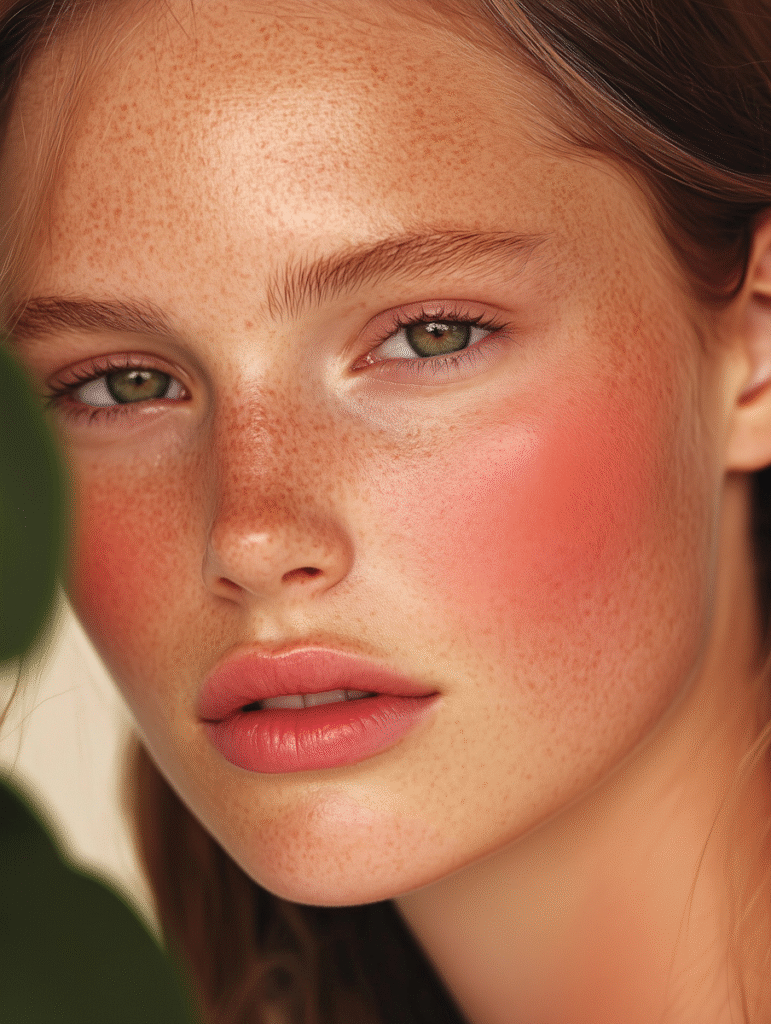Table of Contents
Allergies don’t stop at food or pollen—many people experience skin reactions or respiratory symptoms from the very clothes they wear. Whether you’re dealing with sensitive skin, contact dermatitis, or reactions to certain fabrics or detergents, dressing yourself shouldn’t feel like a gamble.
This guide covers smart, stylish, and practical fashion tips for people with allergies, so you can enjoy your wardrobe without discomfort.
👃 Understanding Clothing Allergies

For people with allergies, the culprit behind skin reactions often lies in:
- Synthetic fabrics like polyester, nylon, and rayon
- Chemical dyes or fabric finishes
- Nickel in zippers, snaps, and buttons
- Laundry detergents or fabric softeners
- Latex in elastic bands
Allergic responses may show up as itching, redness, swelling, or even breathing difficulties in extreme cases. The good news? There are allergy-friendly fashion choices that don’t compromise on style.
👕 Best Fabrics for People with Allergies

Choosing the right fabric is the first step toward allergy-free dressing. Here are the most recommended fabrics:
1. 100% Organic Cotton
Hypoallergenic and breathable, organic cotton is a top pick. It’s soft on sensitive skin and free from harsh chemicals.
2. Bamboo Fabric
Naturally antibacterial and moisture-wicking, bamboo is an excellent choice for people with allergies prone to sweat or odor-related irritation.
3. Linen
This natural fabric is lightweight, breathable, and ideal for hot weather. Bonus: it’s less likely to trap allergens.
4. Tencel (Lyocell)
Tencel is smooth, hypoallergenic, and produced in an eco-friendly way. It’s gentle on the skin and naturally resistant to bacteria.
🚫 Fabrics and Materials to Avoid
For people with allergies, avoiding certain materials is just as important as choosing the right ones:
- Polyester & Nylon – Can trap heat and sweat, causing irritation
- Wool – Natural but can be scratchy or cause flare-ups
- Spandex/Elastane – Contains latex, a common allergen
- Chemically treated fabrics – Watch out for “wrinkle-free” or “stain-resistant” tags
🛑 Always check fabric content labels and opt for clothing labeled “hypoallergenic” when possible.
🧺 Washing and Laundry Tips
Even allergy-safe clothes can become irritating if washed improperly. Here’s how people with allergies can protect themselves:
- Use fragrance-free, hypoallergenic detergents
- Avoid fabric softeners—they often contain skin irritants
- Double rinse clothing to remove residue
- Wash new clothes before wearing to remove factory chemicals
🧼 Clean clothes the right way to stay safe and stylish.
👗 Fashion Styling Tips for Allergy-Prone Skin
1. Layer Smartly
If you can’t avoid synthetic outerwear, wear a cotton or bamboo layer underneath to shield your skin.
2. Choose Loose Fits
Tight clothing increases friction and sweating, both of which can aggravate allergies. Go for relaxed silhouettes.
3. Dye-Free and Undyed Options
Opt for white, beige, or undyed garments to minimize chemical exposure.
4. Be Selective with Accessories
Avoid nickel-based jewelry or metallic buttons/zippers. Look for plastic, wood, or coated options.
5. Minimal Seams & Tags
Seams and tags can rub against the skin and cause irritation. Look for seamless or tagless clothing when possible.
🧠 Bonus: Allergies and Sustainable Fashion
Many sustainable brands already cater to people with allergies by avoiding toxic dyes and synthetic fibers. Supporting these brands helps your skin and the planet at the same time. 🌍♻️
❓ FAQ – Fashion Tips for People with Allergies
1. What fabrics are best for people with skin allergies?
Organic cotton, bamboo, linen, and Tencel are soft, breathable, and free from harsh chemicals, making them ideal for sensitive skin.
2. Can synthetic fabrics trigger allergies?
Yes. Synthetic fabrics like polyester and nylon can trap heat and moisture, causing irritation. They may also contain chemical residues.
3. How do I know if my clothes are causing my allergies?
Watch for redness, itching, or discomfort after wearing certain items. Try eliminating one clothing type at a time to pinpoint the trigger.
4. Are there specific brands that cater to people with allergies?
Yes! Look for organic or hypoallergenic brands. Many eco-friendly fashion labels avoid dyes, allergens, and synthetic materials.
5. Can laundry products cause clothing allergies?
Absolutely. Fragranced detergents, softeners, and dryer sheets can leave residues that trigger allergic reactions. Use fragrance-free and hypoallergenic options.
🌼 Final Thoughts
Allergies don’t have to mean sacrificing fashion. By choosing the right materials, washing your clothes carefully, and being selective with accessories, people with allergies can dress comfortably and confidently.
Fashion should feel good—and now it can.





